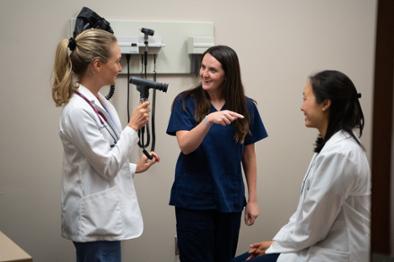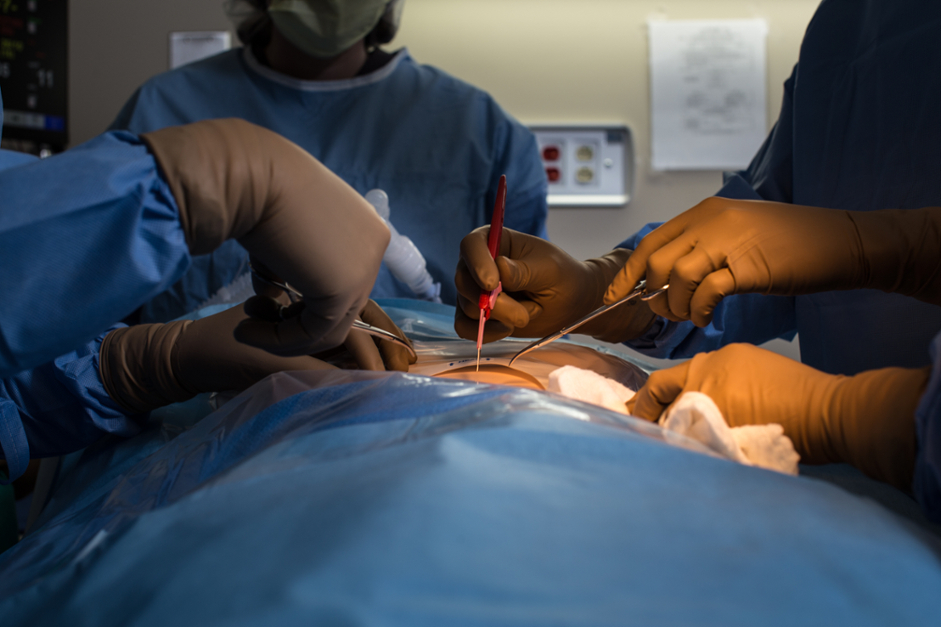Return to Normal Operations
Lincoln Memorial University will return to normal operations, Wednesday, January 28, 2026, and will operate on a regular schedule at all locations, including J. Frank White Academy.
While conditions have improved, the University cannot monitor every roadway or local condition at all times across each location. Students, faculty, and staff are asked to use their personal judgment regarding travel and safety based on current conditions in their area. Safety remains our top priority, and individuals should take appropriate precautions as needed.
Please continue to monitor official University communication channels for any additional information.
Thank you for your cooperation as we move forward safely and responsibly.
University leadership, facilities, safety, and emergency management teams will continue to monitor temperatures, road conditions, and evolving weather impacts. The safety of our students, faculty, and staff remains the highest priority, and decisions will continue to be made thoughtfully based on local conditions.
Please continue to monitor official University communication channels, including University email and website updates, for any additional information or schedule changes.
Thank you for your cooperation as we continue to manage these conditions safely and responsibly.

Physician Assistants (PA) are health care professionals licensed to practice medicine in coordination/conjunction with a doctor of medicine (MD) or doctor of osteopathic medicine (DO). As a team with the physician, the PA provides diagnostic and therapeutic patient care, takes patient histories, performs physical examinations, orders diagnostic studies, and develops
and carries out treatment plans. PAs also work in research, administrative, and academic positions. PAs work in private physician offices, clinics, hospitals, health maintenance organizations, neighborhood health centers, federal and state facilities, the Armed Services, industries, universities, medical schools, and many other settings.
Largely, PAs are trained according to the medical model similar to instructions given in medical schools across the nation, in which healthcare providers are trained to identify specific symptoms and use evidence-based treatments to address those symptoms.
The first PA training program began in 1965 at Duke University to assist in alleviating the shortage and misdistribution of physicians. Four ex-Navy corpsmen were in the first class of the Duke University PA program. Today, there are 300 accredited PA programs in the United States that are operating as part of medical schools, universities, and colleges. PA programs are
accredited by the Accreditation Review Commission on Education for the Physician Assistant, Inc. (ARC-PA).
PAs are trained in primary care but have the opportunity to work in other specialties of medicine. In order to practice as a PA, the student must graduate from an accredited ARC-PA physician assistant program in order to sit for the Physician Assistant National Certifying Examination (PANCE). The graduate must pass the PANCE to obtain state licensure. PAs must participate in continuing medical education to maintain their certification.

Harrogate, Tennessee PA program, established in 2009, is a 27-month primary care focus program. The 115-credit hour curriculum provides a solid foundation in primary care medicine using simulated trainers. Students practice procedural skills such as intravenous catheter insertion, lumbar puncture, and point-of-care ultrasound. The program offers students unique opportunities to provide medical services to indigent, uninsured, and underserved populations. The curriculum prepares graduates to provide safe and effective care to patients with an emphasis on primary care.

Knoxville, Tennessee PA program, established in 2020, is a 27-month surgical focus program. The 115-credit hour curriculum provides a solid foundation in primary care medicine with three semesters of human cadaver anatomy and up to 20 weeks of clinical experience in surgical disciplines. The curriculum prepares graduates to provide safe and effective care to patients in surgical and acute care settings. Learn More About the Knoxville PA Program
Based upon its overlapping curriculum content and unique hospital clinical experience opportunities, the LMU-SMS Bachelor's in Medical Laboratory Science (MLS) degree is an advantageous choice of Bachelor of Science degrees that fulfills all of the academic prerequisites requirements for consideration for admission into any of our Physician Assistant programs. In addition to meeting all the prerequisites for PA school, the MLS graduates can take the American Society for Clinical Pathology Board of Certification Exam (ASCP BOC) and enter the workforce as board-certified medical laboratory scientists practicing in various clinical settings, including hospital laboratories, physician's offices, and research and molecular diagnostic laboratories.